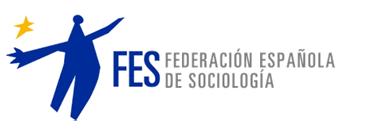South Korea in Reconstructing Masculinity as Brand Image of the State’s Economic Diplomacy
DOI:
https://doi.org/10.24197/st.2.2021.1-22Keywords:
Soft masculinity; Korean Pop (K-Pop); Economic diplomacy; South Korea.Abstract
By applying the theory of Economic Diplomacy by Rana and Chatterjee, Public Diplomacy by McClory and State Identity by Maxym Alexandrov, the main purpose of this study was to analyze the reasons behind South Korea’s promotion of soft masculinity through their means of public diplomacy, such as K-Pop and Korean drama. Particularly in South Korea, ideas about how to look good as ‘a man’ are changing attitudes and also influencing the world. The study has applied phenomenology methodology and qualitative research methods to understand the contemporary international relations phenomenon which are soft masculinity and economic diplomacy. The unit of analysis examined as the subject is ‘South Korean government’ and the unit of explanation were the driving factors of why South Korea promotes soft masculinity. The data were taken from the secondary sources such as various books, journals, reports, as well as documents from different relevant websites and a comprehensive and systematic analysis were applied. It was found that soft masculinity as an image that is promoted through the public diplomacy tool of South Korea, such as K-Pop creates the appeal of the country towards the global audience as it is a rarity. South Korea has become the front liner of soft masculinity by incorporating the image through its economic diplomacy. This research further reveals that South Korea promotes soft masculinity in its K-Pop product because the country is utilizing the uniqueness of soft masculinity as its brand image to enhance its economic diplomacy for its cosmetic industry
Downloads
Downloads
Published
Issue
Section
License
Sociología y tecnociencia is licensed under a Creative Commons Attribution 4.0 International License (CC BY 4.0).
The journal allows the authors to retain publishing rights. Authors may reprint their articles in other media without having to request authorization, provided they indicate that the article was originally published in Sociología y Tecnociencia.


